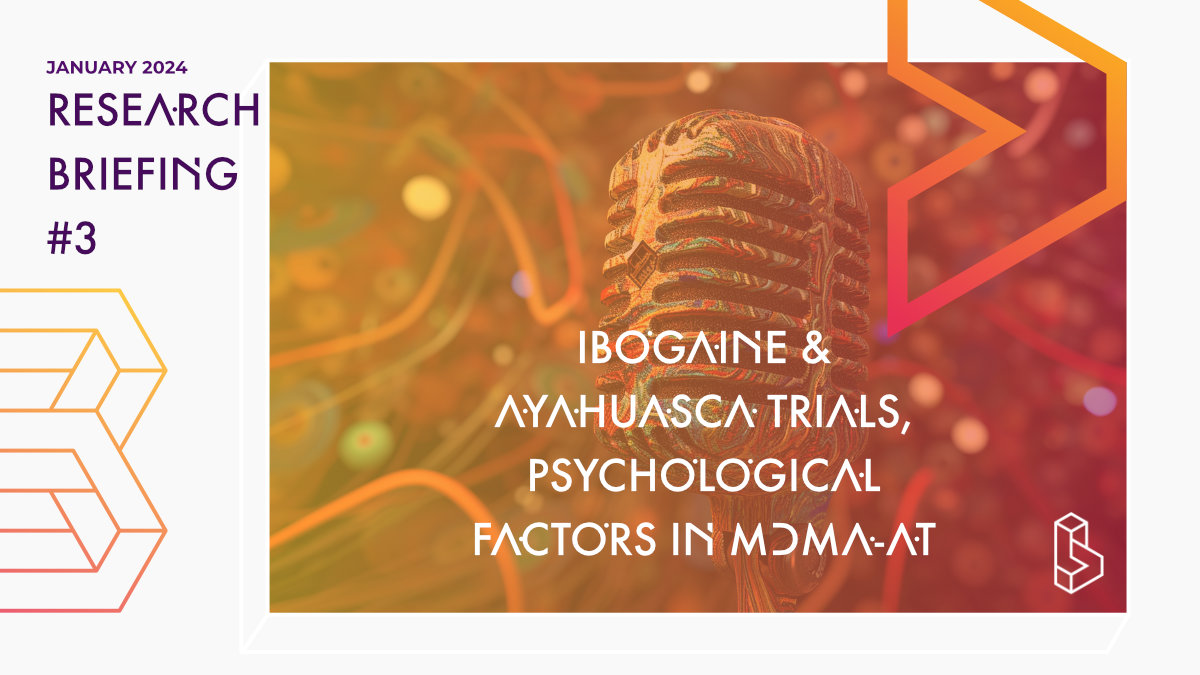Blossom’s weekly recap and analysis of three of the latest psychedelic papers published last week.
If you look at which psychedelic on which we have the biggest number of clinical trials, it’s psilocybin (by a wide margin). But in the last few weeks, we’ve seen a lot of interesting studies come out on more obscure psychedelics, at least from a research perspective. In this briefing, I’ll recap the latest on both ibogaine and ayahuasca.
Ibogaine Finds a New Target
Ibogaine has long been touted as the solution to addictions. This reputation has led thousands from around the world to flock to Mexico to seek treatment in clinics that offer a way out of substance dependence. In the psychedelic research community, the potential to break addictions has long been the focus of ibogaine research.
This changed recently when a widely publicised article from Stanford University came out that looked at the combination of ibogaine and magnesium (to protect the heart) in the treatment of traumatic brain injury (TBI). Unlike for addictions, there is currently zero drug-based treatment for TBI available, presenting this as an opportunity to impact a population that has no reasonable solutions at this time.
The study enrolled 30 male Special Operations Forces veterans, predominantly suffering from mild TBI. The approach involved administering up to 980mg/70kg of ibogaine in conjunction with magnesium, the latter serving to safeguard the heart against the potential cardiotoxic effects of ibogaine.
Next to the effects on the lived experience of TBI (measured on a scale of disability), the study also looked at PTSD, depression, and anxiety outcomes. The results demonstrated significant improvements in functioning and psychological symptoms, both immediately after treatment and a month later. Disability scores went down to a level at which you can say there is no obstacle to daily living, and suicidal thoughts completely disappeared immediately post-treatment. Notably, the treatment was well-tolerated, with transient cerebellar signs being the only notable side effect, which resolved within 24 hours.
The implications of these findings are profound. For the first time, ibogaine, a substance previously confined to the realm of addiction treatment, has shown promise in addressing the complex challenges of TBI. This study not only broadens the scope of ibogaine’s therapeutic potential but also offers a glimmer of hope to those suffering from TBI, a condition that, until now, had few viable treatment options.
Ayahuasca-inspired DMT and Harmine Formulation RCT
Continue reading about the other highlighted studies by becoming a paying member.
Become a psychedelic insider
Get a Pro Membership to enjoy these benefits & support Blossom📈 full reports on Topics & Compounds
🧵 full summary reviews of research papers
🚀 full access to new articles
See Memberships

